In a nutshell: What if organisations were less centralised, with diverse groups of individuals making decisions in more transparent and democratic ways? Decentralised Autonomous Organisations (DAOs) are blockchain-enabled organisations that allow for collaborative governance of a shared cause.
Key Features: Decentralised Governance | Non-Hierarchical | Merit-Based | Shared Ownership | For-Purpose | Community Organisations | Democratic Decision-Making | Participation





Decentralised Autonomous Organisations (DAOs) are among the most cutting-edge institutional and social innovations enabled by blockchain. At their core, DAOs enable a new form of purpose-driven collaboration. A novel organisational entity through which, theoretically, any group of people at any scale can collaborate on a shared cause and collectively govern organisational operations in a decentralised, non-hierarchical and democratic manner.
The key components of a DAO are its governance mechanism and native token. The governance mechanism, which includes rules and decision-making processes, is agreed upon by members and encoded into smart contracts on a blockchain, making decisions transparent, secure and enforceable. A token can then be issued to raise capital, incentivise members and distribute voting rights. Proposals for initiatives can usually be made by any member regardless of role or status and decisions are made through a smart-contract-based voting process. Once a consensus is reached, a smart contract automatically executes the decision and, for example, allocates funds for its implementation. Such automation and disintermediation of organisational processes can improve efficiency and enable digital communities to create real-world impact.
Key attributes that distinguish DAOs from traditional organisations include:
There is no 'one way to DAO’. The above attributes can vary greatly between different DAOs, reflecting their fluid nature. A DAO can be established by a community for any desired purpose, in a manner that aligns with their own needs and choices.
Today, there are estimated to be around 10,000 active DAOs governed by more than 5 million members worldwide, collectively overseeing more than US $14 billion (DeepDAO, 2023). Some members work full-time for DAOs and, in some jurisdictions, DAOs have been recognised as a distinct type of legal entity. These range from venture capital groups and those promoting research democratisation and acceleration to those focused on collective grant-making, and even those aimed at building and governing their own cities.
With the concept still in its infancy, DAOs face significant challenges, such as:
It is important to conduct thorough research, consult legal and financial experts, and assess the specific risks and regulatory requirements associated with opening a DAO for your own purposes. However, with their trajectory towards driving purposeful collaboration at scale, increasing participation, promoting transparency and fostering inclusivity, DAOs have the potential for significant impact within the conservation space.
The following are just a few ideas of what cryptocurrencies and tokenization could potentially enable for nature conservation:
1. New ways for conservation NGOs to engage with members
DAOs have been used in various sectors to manage memberships and fan clubs in a manner that can be adapted to the conservation sector. Conservation NGOs forming a DAO can empower their members with increased influence and decision-making power, enhance transparency and accountability in the use of resources and create opportunities for education and engagement with the dilemmas faced in the conservation sector. Collaboration and information-sharing among members may also lead to greater consensus and support for conservation initiatives. The conservation NGO itself may potentially benefit from improved decision-making by tapping into the collective intelligence of its members, increasing engagement and support and attracting new and younger audiences valuing innovative solutions and interested in being part of a more inclusive and democratic organisation. This potentially includes individuals from diverse cultural, socio-economic and geographic backgrounds who might not have been previously involved with the NGO.
2. Democratised grantmaking and funding schemes
DAOs have the potential to democratise grantmaking by allowing any group to come together and establish grant schemes that are more adaptable and responsive to emerging conservation needs. Involving grantees, affected local communities and other stakeholders as members can increase their agency in decision-making, resulting in a more equitable, effective and widely accepted distribution of resources. Direct and transparent impact monitoring can relieve reporting pressure and automate reporting requirements, freeing grantees to focus on conservation work. Furthermore, decentralisation and the binding of funds to smart contracts can provide sustainable and reliable funding, avoiding risks associated with traditional grantmaking models. DAOs' potential to facilitate large-scale collaboration may also mean applying this concept to even bigger governmental or multilateral environmental funds, such as The Global Environment Facility (GEF). In summary, DAOs can potentially offer a more transparent, democratic and sustainable process that empowers grantees and local communities while ensuring efficient and effective use of resources.
In this model, NGOs could come together to form a DAO with a shared governance structure and mission, pooling resources and knowledge to work towards common conservation goals while maintaining their independence and autonomy. The DAO's protocol can encode the rules and principles of the partnership and the use of smart contracts and blockchain would provide a secure and transparent record of transactions and decision-making, thereby increasing trust and accountability among partners. Additionally, a DAO may allow for more democratic decision-making on how to allocate resources and prioritise projects, with a more inclusive process that promotes equal representation of organisations from underrepresented localities or sizes. This could help to build stronger partnerships and more effective conservation efforts.
4. From peer review to public review
DAOs have the potential to democratise scientific operations, including the peer review system, by creating a decentralised network of reviewers who can securely and transparently evaluate scientific works and come to a consensus on their quality and validity. This approach could help reduce bias and increase the objectivity of the peer review process, aided by some level of anonymity. Reviewers can be incentivised by a democratic scoring system that assesses their professionalism, accuracy and trustworthiness. Additionally, because the review process is recorded on a blockchain, it would be tamper-proof, providing a permanent and immutable record of the evaluations and promoting transparency in the scientific community.
5. Fostering sustainable landscapes
DAOs may promote sustainable landscape initiatives through resource pooling, accountability, incentivisation, and partnership building. Smart contracts can automatically distribute funds based on performance metrics related to sustainable practices, incentivising farmers to adopt sustainable practices and rewarding positive environmental impact. This decentralised, data-driven approach promotes transparency and accountability, ensuring the effective use of resources to achieve sustainable landscapes.
6. Creating new, big market forces to drive change
Large companies might be reluctant to adopt sustainable practices due to economic disincentives, a lack of willingness from the public to pay extra for sustainable products and the need to generate short-term profits for shareholders, among other risks. A public-led DAO, comprised of a large, cross-border collective, could be established to incentivise environmental changes by leveraging collective purchasing power. The DAO could manage a fund to reward companies for meeting sustainability goals or sanction those that don't. Smart contracts could guarantee that companies receive long- or short-term revenue upon moving towards their targets, helping to mitigate shareholders’ concerns. By providing companies with the funding to make the transition, and relying on blockchain to promote trust, this market incentive could be appealing and drive companies to change.
7. Promoting the implementation of the Global Biodiversity Framework
DAOs could play a role in the implementation of the Global Biodiversity Framework (GBF) by providing a decentralised platform for multilateral collaboration and decision-making among government agencies, conservation organisations and local communities. By pooling resources and funds for conservation initiatives and establishing a set of rules and metrics for their use, a group of governments or organisations could use a DAO to coordinate large-scale biodiversity conservation efforts across multiple jurisdictions. This could help promote greater equality, transparency and accountability in resource allocation for the implementation of the GBF and shift power dynamics within the conservation sector to a more democratic and decentralised system.
Here are things to consider: